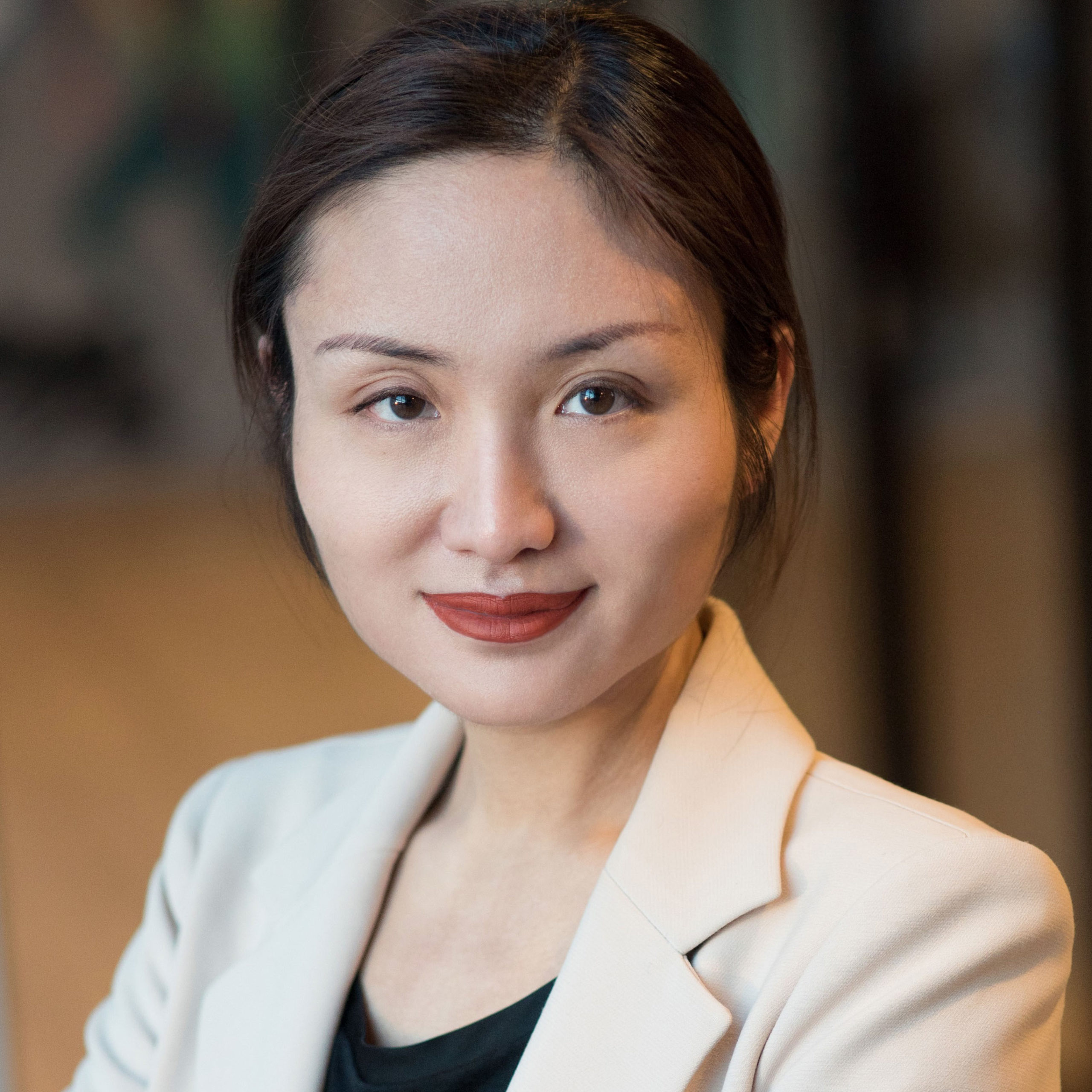The SCRC welcomes Prof. Ling Chen, Prof. Devesh Kapur, and Prof. Roselyn Hsueh to discuss Prof. Hsueh’s new book, Micro-Institutional Foundations of Capitalism: Sectoral Pathways to Globalization in China, India, and Russia (Cambridge University Press, 2022), in conversation with Prof. Andrew Mertha, Director of the SAIS China Research Center. In this book, Prof. Hsueh looks at China, India, and Russia to study a new theory of sectoral pathways to globalization and development in the post-cold war era. She utilizes historical evidence to demonstrate the perception of sectors by state elites by different forces, and details the structures of institutions to explain the state’s role in market coordination and property rights arrangements. Patterns arose per country, formulating national sectoral models as the micro-institutional foundations of capitalism that mediate globalization and development.




